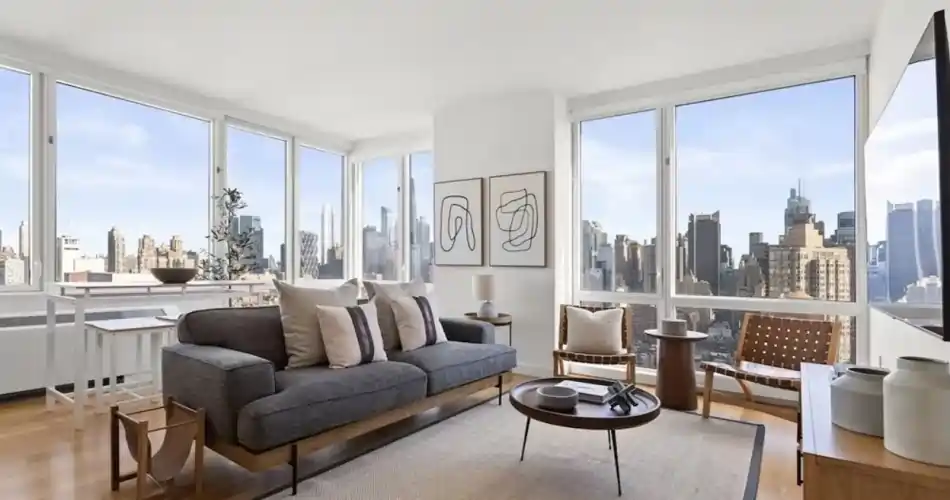The U.S. city will apply from Tuesday a new rule that further limits the tourist apartments: these are the keys to the new limitations.
Airbnb has been the world’s leading tourist accommodation rental application since 2008. For its part, the struggle of hotels and the tourism sector against this type of accommodation is as old as the company itself, but now it seems that New York sets a precedent in this war.
The U.S. city will apply from Tuesday, September 5, a new regulation that considerably limits the use of this type of accommodation. The free bar is over: from now on, stays of less than one month for tourists who want to rent a tourist apartment or house can only be booked if they live with the owner of the accommodation during that time.
In addition, the regulation (titled “Short-term Rental Registration Act”) will oblige owners of tourist apartments to register with the housing department of the city council and to comply with certain requirements, such as the obligation to provide information about the guests and the number of nights they will be staying in the apartment.
And this not only affects the more than 38,500 apartments that, until now, Airbnb had registered in New York (although court reports filed by Skift ensure that could amount to 56,500 homes). Also to the accommodations published on platforms such as Booking.com or Vrbo.
It is expected that about 10,000 of these apartments will disappear as of Tuesday, according to the New York Daily News, thanks to this new regulation, which includes penalties of more than $ 5,000 for owners who ignore it.
All this, as expected, provoked the wrath of Airbnb: the company said this week in a statement that these are “abusive” measures that only seek to increase bureaucracy to discourage the hiring of the company’s services and warned that it would lose 95% of its business in the city.
For this reason, the company took the city council to court, although the courts eventually ruled in favor of the New York government at the end of August, stating that “the company cannot sue public institutions because the law is not capricious or arbitrary”, alleging that “the reasons for the claim of loss of business were not demonstrated” by Airbnb.
A victory for the New York consistory that maintains that the ultimate goal of the rule is not to punish the company, but to lower the price of rentals in the city and curb real estate speculation.
The beginning of the end of Airbnb’s reign
This new New York regulation could be more than a minor stumbling block in Airbnb’s expansion plans. The regulation, which is already making the rounds in the government offices of some countries (especially in Europe), could be the basis for future regulatory standards.
In fact, this idea was discussed within the European Union: the Commission proposed this year the creation of a single register of properties for rental platforms for tourist accommodation, such as Airbnb. In addition to this, member countries would apply rules that would force Airbnb to be more transparent and show customers the registration number of each apartment.
The idea is not only to protect the guest, but also to reduce paperwork, costs and promote fair competition between the various market players, especially hotels. And in Italy the idea was so well received that the application of a law aimed at rentals of less than 30 days, which would impose a minimum stay of two days in cities and tourist areas, is already on the table. Less harsh than New York’s, but subject to change. A first step in what could be the beginning of the end of Airbnb’s expansion.

